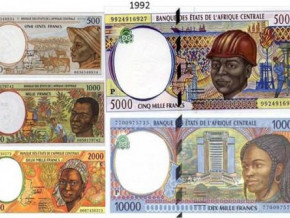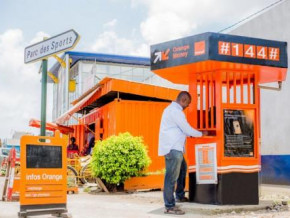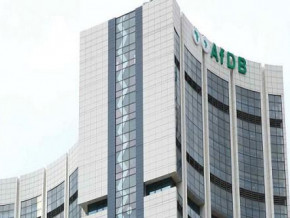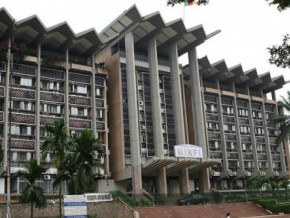
Four SOEs will sign performance contracts with the government by Nov 2023 (IMF)

(Business in Cameroon) - In November 2023, a first batch of four state-owned enterprises will conclude performance contracts with the Cameroonian government. The move aims to reduce the subsidies budgeted for those enterprises yearly and boost their performance.
According to the International Monetary Fund (IMF), which disclosed the information in its July 2023 country report focused on Cameroon, the four companies are namely telecom operator Camtel, textile company Cicam, airline company Camair-Co, and the Port Authority of Douala (PAD).
In its report, the IMF reveals that the second batch will include companies "whose diagnostic studies are currently in progress or have been initiated." As cited by the institution, companies in that category include water utility Camwater, cotton giant Sodecoton, special fund Feicom, telecom regulator ART, and aluminum giant Alucam. The report provides no effectivity date for the contract with companies included in the second batch.
However, according to the Ministry of Finance's schedule, all state-owned enterprises and establishments are expected to have become subjected to performance contracts by December 31, 2024.
For the IMF, the performance contracts will specify the “obligation to meet the public service mission, the evaluation of unit costs (as a basis for paying subsidies), as well as quality indicators, to be published with evaluation reports.” The institution believes that in addition to their poor results, state-owned enterprises and entities are financial blackholes that regularly suck in substantial subsidies without obligations to deliver results.
Quest for performance
In his circular dated July 6, 2022, Finance Minister Louis Paul Motazé acknowledged the reasons that are pushing for performance-contracts between Cameroon and the IMF. "As part of the ongoing implementation of the reform of public establishments and enterprises conducted by the government since 2017, with the aim of mastering the management and governance of these public entities, it has been observed that these establishments and public enterprises have performed poorly in fulfilling their statutory missions and generating profits. They have a significant financial burden on public finances through cash injections, subsidies, or recapitalization by the state. They pose budgetary risks to the state, whose responsibility could be called upon due to the significant overall liabilities and outstanding financial commitments of these entities," he admits.
“In the course of the actions being taken, since 2017, by the [Cameroonian] government to reform state-owned enterprises and institutions to streamline their management, it was noticed that those enterprises and institutions deliver poorly on their statutory and profit generation missions. [They also] weigh heavily on public finance with the cash contributions, subsidies, and recapitalization resources they require from the State. They are also budgeting risks for the country, which can be held liable for their substantial liabilities and outstanding financial commitments,” the circular indicated.
In such a context, according to the IMF, rigorously monitored performance contracts are the royal path for state-owned companies to become profitable and no longer be the burden that the Cameroonian government currently bears. In 2021, state-owned enterprises were profitable for the first time since 2018.
"Indeed, the profitability ratio was +15.5%, which is 20.6 points higher than in 2020. Since 2018, this ratio has been undermined by the structurally loss-making situation of these enterprises," stated a document laying down guidelines for the application of the 2023 finance law while analyzing the profitability of 43 of the 47 enterprises owned by the State.
Brice R. Mbodiam
Mags frontpage
- Most read 7 days
- shared 1 month
- read 1 month






























